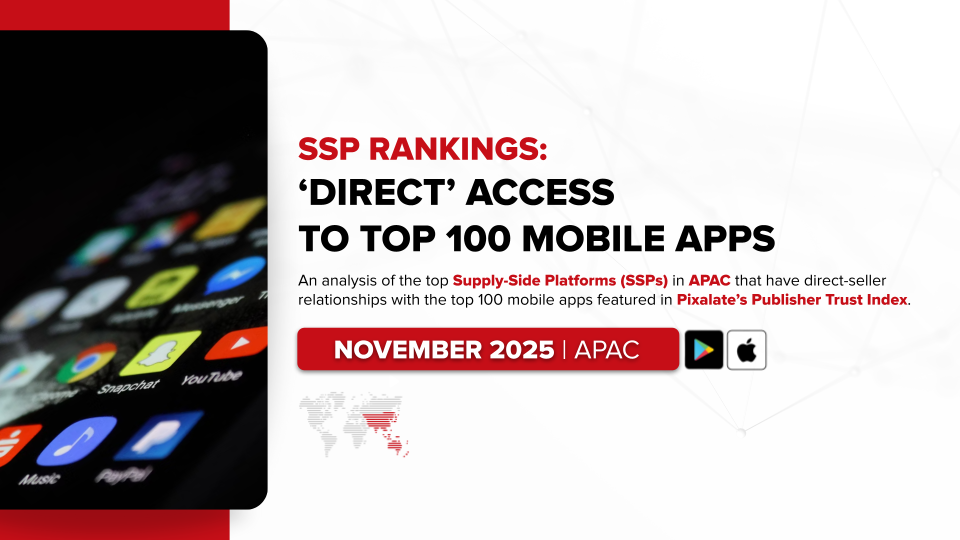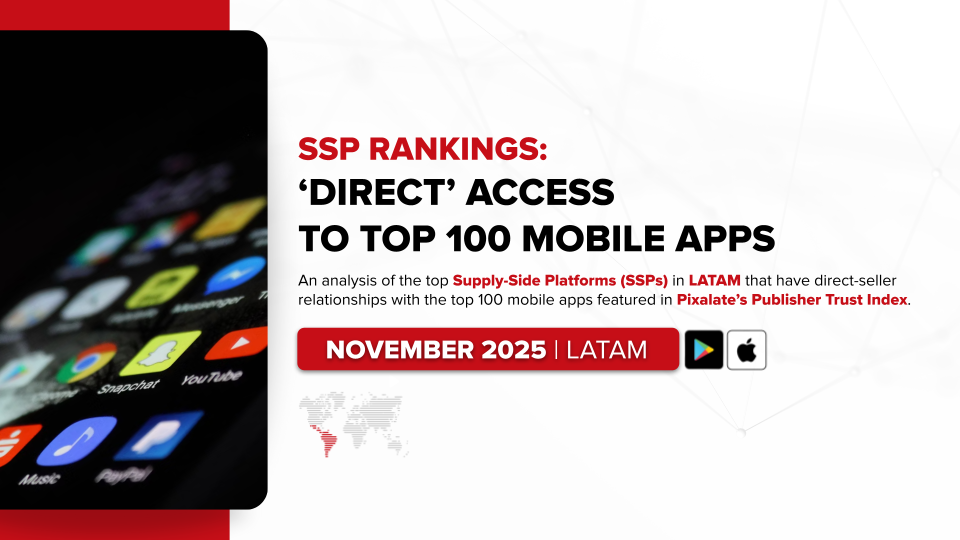Jalal Nasir, CEO of Pixalate, delivered a keynote at ATS London 2022 on how today’s online advertising ecosystem poses risks to children’s privacy. Watch the full presentation in the video and read the recap with the highlights from the speech.
Introduction to the children’s privacy in mobile apps
- Even though SSPs and DSPs may not precisely offer targeting children under 13 for advertisers, due to not paying sufficient attention to who are actual app’s or website’s users, your ads may be served to COPPA-protected audiences.
- It’s not only an ethical concern but also ad spend wasted on users who are not interested in your products and services.
- There are two primary children’s privacy protection laws: COPPA in the USA and Age Appropriate Design in the UK.
- Both require advertisers to obtain a parent’s consent before collecting data about children under 13.
Two aspects of starting improving children’s privacy protection online
- Both Apple and Google failed to appropriately categorize 5MM+ apps in their stores, leaving it to the publishers to self-declare.
- Pixalate hired Allison Lefrak, a former FTC enforcer, and experienced school teachers to provide independent and reliable benchmarking for advertisers and publishers regarding child-directed apps and COPPA compliance.
- After categorizing the likely child-directed apps, Pixalate checked how many of them collect and share users’ information with third parties. The investigation results were presented in the Mobile Apps: Google vs. Apple COPPA Scorecard (Q1 2022) report.
Key findings from the Mobile Apps: Google vs. Apple COPPA Scorecard (Q1 2022) report
- There are nearly 400,000 child-directed mobile apps across Google and Apple stores, according to Pixalate’s data
- 8% of Apple App Store apps and 7% of Google Play Store apps are child-directed, according to Pixalate
- ~40% of child-directed apps have potential access to personal information, according to Pixalate’s data
- Programmatic advertisers spent 3.1x more per app on child-directed apps than general audience apps.
- Personal information is 42% more likely to be shared with advertisers on child-directed apps
- 12,000 child-directed apps have potential access to personal information but have no privacy policy
- 248,000 child-directed apps did not have any country of registry
Insights from the top 1000 child-directed apps from Apple and Google stores
Pixalate identified the 1,000 most popular apps across both stores that are likely to be used by children under 13. Here are the highlights:
- 76% of Google and 67% of Apple apps transmitted location to advertisers, according to Pixalate’s data
- 50% of Google and 33% of Apple apps transmitted IP addresses to advertisers, according to Pixalate’s data
- 35% of Google and 73% of Apple apps had potential access to personal data through permissions, according to Pixalate’s data
To find more insights about child-directed mobile app advertising and kids’ online privacy protection, watch the full keynote and explore our reports to better understand this critical subject.







